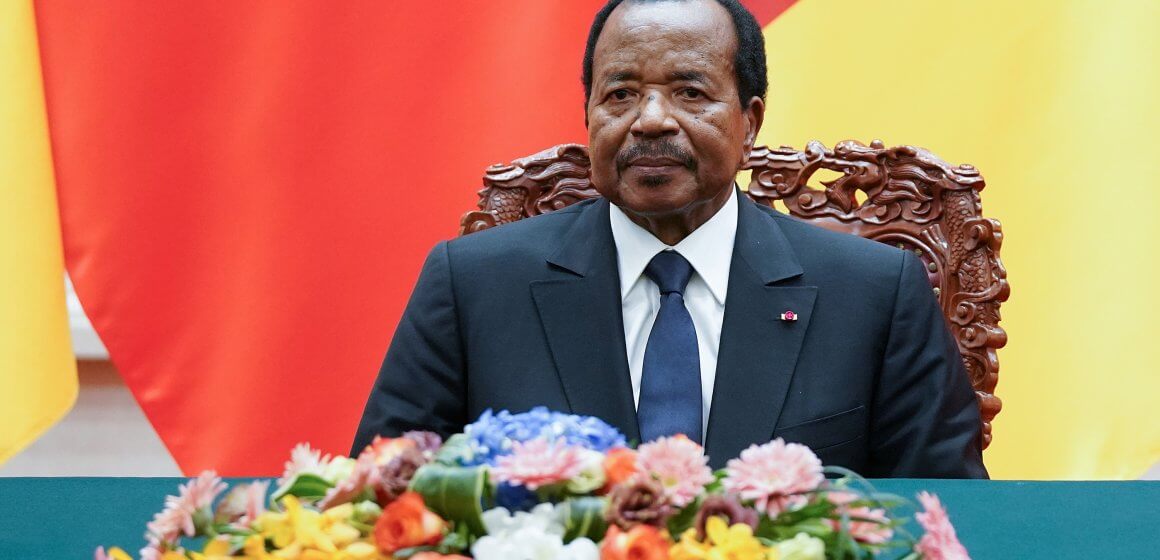|
LISTEN TO THIS THE AFRICANA VOICE ARTICLE NOW
Getting your Trinity Audio player ready...
|
Cameroon’s long-serving president, Paul Biya, aged 91, was Tuesday said to be alive and well by the government, dispelling widespread rumors about his well-being.
In a statement, government spokesperson Rene Sadi vehemently denied reports suggesting the president was unwell, labeling them as “pure fantasy.”
President Biya, who has been at the helm since Cameroon gained independence in the early 1960s, last appeared in public during a China-Africa forum in Beijing in early September. His subsequent absence from a major summit in France last weekend ignited speculations regarding his health status. This absence was notably highlighted during a two-day meeting of French-speaking African leaders in Paris, where three non-Cameroonian ministers attending the event expressed concerns over his prolonged silence.
“The rumors circulating in both traditional media and social networks about the president’s condition are completely unfounded,” Sadi stated. “The government reaffirms that President Biya remains in good health and will return to Cameroon shortly after his private visit to Europe.”
Despite the government’s assurances, opposition parties and civil society organizations have persistently demanded clarity regarding President Biya’s health and current whereabouts. Their calls for transparency reflect underlying anxieties about the nation’s political stability, especially given Cameroon’s complex socio-political landscape.
Cameroon, a pivotal player in West and Central Africa’s cocoa and oil sectors, has been grappling with significant internal conflicts. The country faces a devastating secessionist war in its Anglophone regions, which has resulted in thousands of casualties, alongside a fierce Boko Haram insurgency in the northern territories. These ongoing conflicts have strained the nation’s infrastructure and social fabric, making the leadership’s stability crucial.
President Biya’s tenure has been marked by both economic challenges and political resilience. Serving as one of Africa’s longest-serving leaders, his administration has overseen periods of both growth and turmoil. However, the absence of a clear succession plan poses a potential risk to Cameroon’s political equilibrium. Analysts warn that Biya’s eventual passing could lead to intensified instability, especially in a region already shaken by eight coups since 2020 and numerous military attempts to unseat governments.
One African minister, who chose to remain anonymous, commented on the situation during the Paris summit: “At over 90 years old, President Biya has stepped back from daily governance for some time. His potential demise could plunge Cameroon into unforeseen chaos, as there is no established framework to manage such a transition.”
Cameroon’s political history is characterized by longevity in leadership, with Biya being only the second president since independence. This extended rule has fostered a strong central authority but also raised concerns about democratic processes and governance sustainability.











LEAVE A COMMENT
You must be logged in to post a comment.